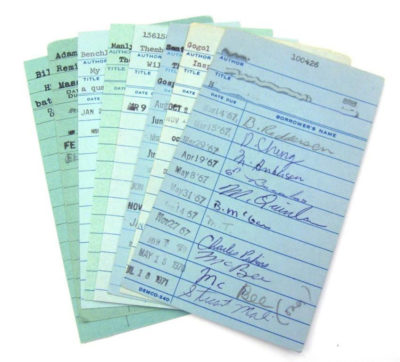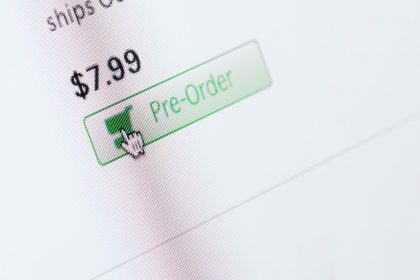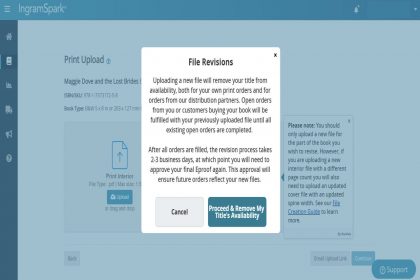
A question we receive often from authors is “How do I get paid?” So, whether you’ve got a traditional publishing deal or you’re going the indie route, we are breaking down how authors get paid.
Traditional Publishing Deal
Authors sell publishing rights to their book to a publisher. The publisher will typically offer an advance and book sales royalties after the advance has been earned out.
Keep in mind that most traditional publisher’s require authors to have an agent to make a publishing deal, and the agent takes a portion of the author’s earnings. (Although, to be fair, agents often negotiate higher pay for authors, effectively earning out their own salary.)
Traditionally published authors have limited say on the production of their book (what the interior or cover looks like, etc.). They often have the support of a marketing team.
Author Advance: An amount paid to the author up front, often ranging from $1,000 to six figures.
Book Royalties: A profit share of book sales, often ranging between 3-15%. In most cases, authors will not get paid royalties until they “earn out” their advance.
Pay-to-Play or Vanity Publishing
In this scenario, the author is paying a publishing company to publish their work, not the other way around. A typical agreement requires the author pay a lump sum up front in exchange for the publishing company’s work to produce and publish a book. The publishing company is given the rights to publish and distribute the book. The author may or may not receive book royalties from the publisher based on sales. Marketing is rarely provided, unless additional fees are collected from the author.
Hybrid Press
Hybrid Press deals may take several forms.
- The author pays the press to produce their book and publishes the book under the press name but the author keeps all book sale profits.
- The author pays the press to produce and publish their book but book royalties are split evenly.
- The author and the publishing company share publication expense; book royalties and profits are also split evenly.
In all cases the hybrid press does the heavy lifting in book production and publishes the book under their company name. The hybrid press takes in book sales revenue and pays the author a royalty. When an author works with a hybrid press, they often receive marketing support but the author may be expected to share in the cost of marketing and ads.
Self-Publishing or Indie Publishing
Self-published authors take on all of the financial risks, responsibilities and rewards associated with publishing a book. They also take on the responsibility of production and marketing of the book. The author may learn to do these things themselves, hire a consultant or project manager, hire out only for specific items such as cover design, etc.
The cost of self-publishing ranges based on the authors needs and their willingness to learn and take on each step of the publishing process. The author is also on their own for marketing, unless they hire a book marketing company (like New Shelves). However, all profits earned from sales of the book go right back to the author.
Multiple Revenue Streams
No matter which publishing path an author choses, it’s important to keep in mind that no one gets rich from a couple of book sales. Everybody along the chain, from the book designer to the printer and book distributor, have to get paid which means profits or royalties per book sale are minor – a few dollars at most. The name of the game in publishing is to scale for large quantity sales (from one title or multiple titles) and to harness additional opportunities such as speaking engagements, endorsement deals, optioning your book for a movie, webinars, classes, merchandise and more.








